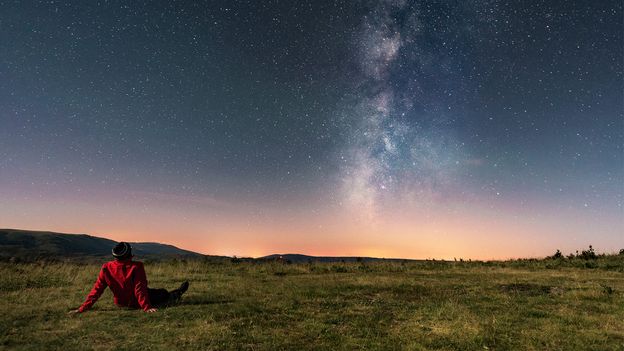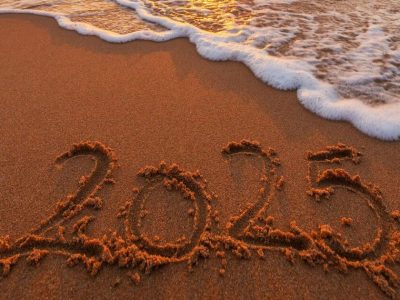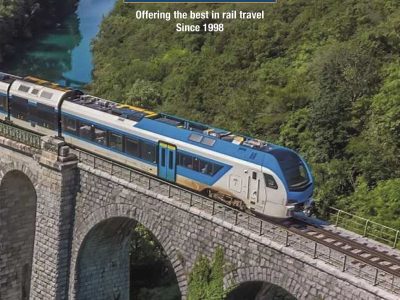Noctourism – nocturnal + tourism – encompasses nighttime travel experiences, from late-opening museums to bioluminescent beaches to northern lights watching. Solar activity is going to be at its highest for decades in 2025, sending higher than average numbers of charged particles to interact with the Earth’s atmosphere, creating dramatic aurora viewing opportunities. Award-winning UK travel firm Trailfinders tips Finnish Lapland and Norway’s Lofoten Islands, plus Svalbard and Iceland as prime destinations to see them. Noctotourism interacts neatly with what’s always been a key tenet of the travel industry: fostering connection with the wider world.
2. Calmcations
Calmcations – holidays purely focused on creating a sense of tranquillity – continue to be popular for 2025. Noise is in particular focus, following a report from the World Health Organisation that rates noise pollution, particularly from traffic, as the second most important cause of ill health in Western Europe.
Havila Voyages has created “quiet escapes” along the Norwegian coast that offer a chance to step away from the clamour of everyday life, featuring sound monitoring stations and a live noise forecast that compares the output in decibels against cities including New York, Paris and London. Alternatively, Unplugged offers tech-free cabins in the UK and Europe with a mission “to help the always on switch off”; while brand new retreat Majamaja in the Helsinki archipelago comprises of a series of architect-designed off-grid cabins that allow you to reconnect with nature. It’s all a sign that right now, the escapism of travel includes escaping technology.
3. Travel meets AI
We can expect to see technology start to play a larger role in trip planning: travel tech company Amadeus found that almost 50% of its customers are planning to prioritise generative AI through 2025. The survey also noted, however, that many travel firms are still not quite sure how to use the technology; they could take inspiration from flight-free holiday firm Byway, which has created its own proprietary AI engine to take the complexity out of timetables and multi-country travel, solving a significant problem when it comes to European travel.
Other firms, including Trip Advisor, are employing generative AI to help build itineraries for trips, while a growing number of airports are ditching paper tags and using the technology to sort baggage more efficiently. At Hyatt hotels, an AI-powered bed can monitor your heart rate, movement and blood pressure to offer more comfort and a better night’s sleep.
But it’s not all positive for technology. According to research from ABTA association of travel agents and tour operators, a Gen Z traveller is now almost as likely to be flicking through a holiday brochure for travel inspiration as browsing the internet for ideas, hinting that the trend towards tech is not universal.










